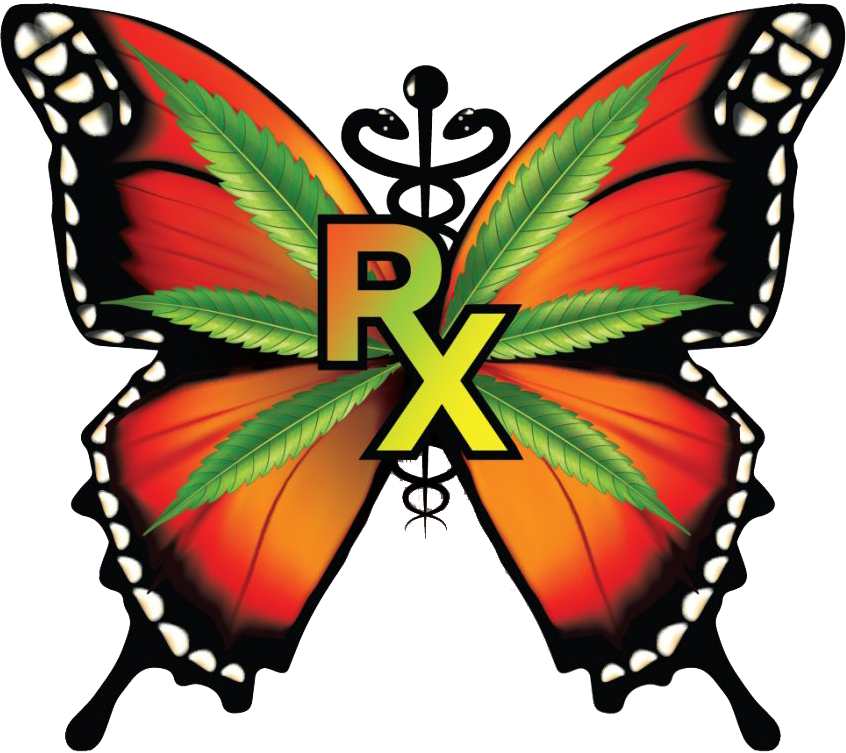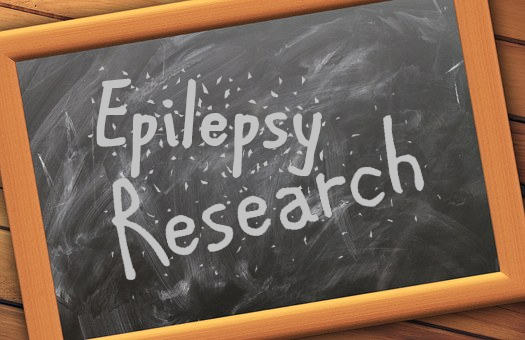Treatment-resistant Epilepsy & Cannabis-2013 Dec
In 2013, Survey explored the use of cannabidiol-enriched cannabis in children with treatment-resistant epilepsy. A parent survey was presented to a Facebook group dedicated to sharing information about the use of cannabis to treat their child’s seizures. Background: Survey consisted of 24 questions that measured clinical factors, including diagnosis and seizure types. As a result .. Read More

